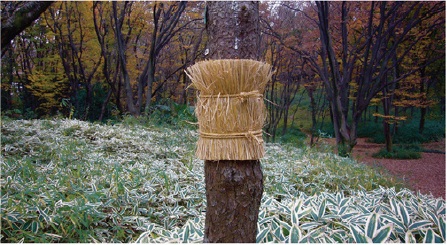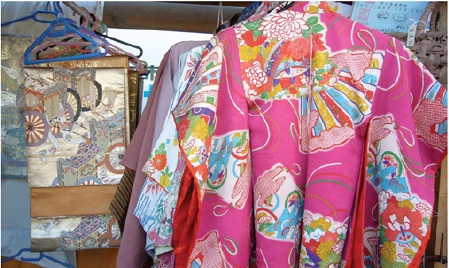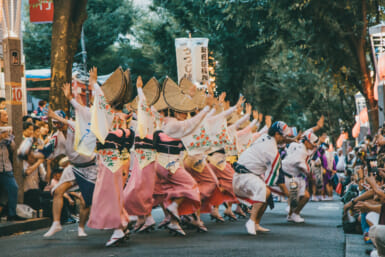by Danielle Rippingale
More than in many cities, Tokyo’s housing options for spacious living are very limited. The risk of personal injury in the labyrinth that may result from over-cluttering or the all-too-real problem of unnecessary and bothersome disposal are some of the problems you face here. Disposal of household items in Tokyo can come at a cost and if you are anything like me, you simply hate to see perfectly good items go to waste. While we could all do with consuming less and avoiding this problem entirely—let’s took at recycling what we do have as an option.
They say that one man’s garbage is another man’s treasure, but what do you do with household items that you no longer need but that are not ready for the trashbin? On the flipside, how do you find good household items in Japan without paying big store prices or salvaging for them on sodai gomi no hi (big items garbage day)?
The usual avenues of second-hand commerce at general secondhand stores, yard sales, flea markets, or buy-and-sell ads are not so commonplace in Japan, which leaves you with fewer options to recycle and buy used goods. Don’t despair; here are three great options you may not have been aware of:
Craigslist: A free online community in more than 550 cities and 50 countries worldwide where you can (among other things) buy and sell a wide range of goods. 50 million people use Craigslist each month globally, more than 40 million are from the USA alone. Tokyo Craigslist is just as extensive as any other region listed on the site and should be checked out at:
Freecycle: With a mission to build a worldwide gifting movement that reduces waste, saves precious resources, and eases the burden on our landfills, the Freecycle concept has spread to over 85 countries. By giving freely with no strings attached, members of the Freecycle Network help instill generosity of spirit as they strengthen local community ties and promote environmental sustainability and reuse. As a result, the Freecycle network is keeping over 500 tons a day out of landfills!
http://www.freecycle.org/group/JP/Japan/Tokyo.
Tokyo Flea Market: I can’t think of a better way to recycle than to donate or purchase secondhand items for a worthwhile cause. The annual Flea Market Spring Fundraiser organized by the Tokyo Union Church is held March 13 and 14 at their Omotesando location (5-7-7 Jingumae). Sale proceeds go to outreach charities. Even if you have nothing to donate or buy you may wish to lend a hand as a volunteer before or during the event.
Contact Terry Kolodzieski: tel. 03-3584-3527 or email: pdmg@cox. net. Website: www2.gol.com/users/tuc/ws/outreach.html.
ECO FACT: On average, 16 percent of the money you spend on a product pays for the packaging, which ultimately ends up as rubbish.
Eco-Japan
Komomaki (or straw mat wrapping) is a traditional winter pest control method used to attract and trap harmful insects in the straw wrapped around the trunk of the tree. The wrapping is removed from the trees and burned—together with the insects inside—in early spring.
| GREEN GLOSSARY |
Waste Reduction: A process to reduce or eliminate the amount of waste generated at a source or the amount of toxicity from waste. The creation of waste is a growing problem for the environment, as landfills get filled and toxins leach back into the ground. The best way to reduce waste is not to create it in the first place. |









